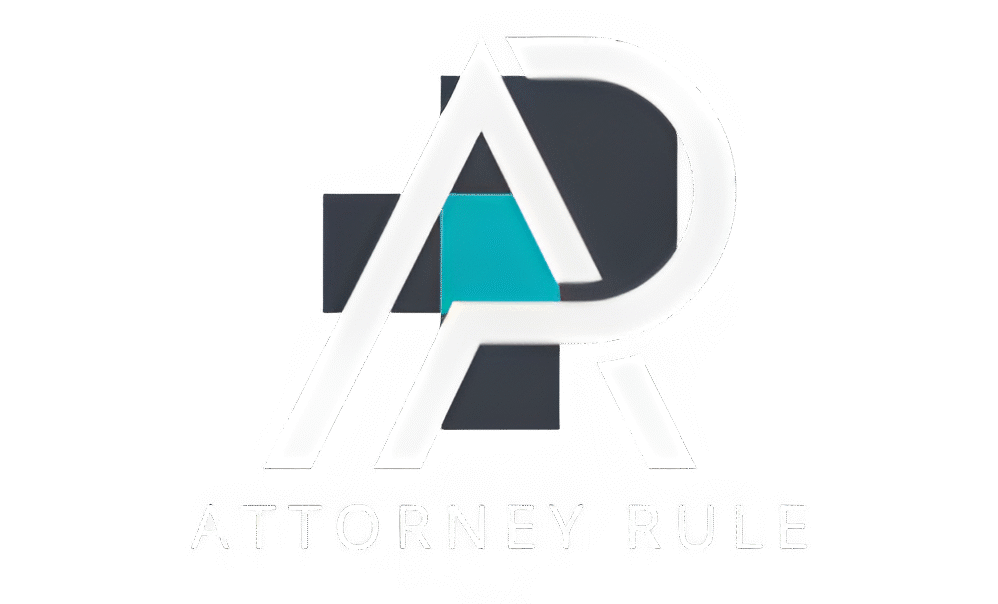Harvey AI has quickly become one of the most discussed names in legal technology. Positioned as a next-generation AI assistant for lawyers and legal professionals, Harvey helps with contract review, drafting, research, compliance, and workflow automation. However, while the platform has gained considerable attention, one detail remains elusive—its pricing. Harvey does not disclose official prices publicly, leaving many law firms and enterprises curious about what to expect.
Industry estimates suggest that Harvey’s pricing starts around $1,000 to $1,200 per lawyer per month, or roughly $12,000 per year per seat for enterprise clients. The model appears to be customized and pay-per-seat, with likely variations depending on features, usage volume, and integrations.
What the Estimates Indicate
Since Harvey’s pricing is not published, much of what is known comes from legal tech reports, user insights, and competitor analysis. These reports commonly cite that Harvey’s enterprise licenses are billed on a per-seat basis and that pricing can increase based on factors like the size of the firm, the level of customization, and bundled services.
While figures vary, the general consensus places Harvey among the more premium-priced AI tools in the legal sector. For context, smaller legal AI assistants or research automation platforms often cost a fraction of that amount, but they rarely offer the same level of customization, integration, or enterprise-grade security.
What Harvey’s Pricing Likely Includes
Although specific details are undisclosed, the estimated pricing likely covers a combination of advanced AI capabilities and professional services that go beyond mere software access.
1. Core AI Access: This provides users with Harvey’s generative AI platform for drafting, summarizing, research, and case analysis tasks.
2. Model Customization: Harvey reportedly fine-tunes its models for each client’s internal documents and workflows, which significantly improves relevance and accuracy.
3. Integrations and Workflows: Enterprise clients may receive system integrations with legal management software, document repositories, or compliance databases.
4. Premium Features: Some of Harvey’s partnerships, such as with LexisNexis, likely involve additional licensing costs for access to premium legal content and citation databases.
5. Security and Compliance: Enterprise clients benefit from enhanced data security, compliance certifications (like SOC 2), and encryption standards—important in handling sensitive client data.
6. Dedicated Support and Training: Pricing may also include technical support, onboarding, and continuous model improvement.
7. Seat Licensing: Each user (lawyer, paralegal, or assistant) may count as a separate “seat,” with costs varying by role or tier.
Comparison with Alternatives
In the broader legal AI market, Harvey’s estimated pricing puts it in the premium enterprise tier. Competing platforms such as Spellbook, Casetext CoCounsel, and Luminance have more transparent pricing models or lower per-user costs, but they often target smaller firms or provide narrower functionality.
While some AI legal tools are available for as low as $50–$200 per month, these typically lack Harvey’s depth of enterprise integration, security, and customization. In that sense, Harvey’s pricing aligns more with solutions designed for large law firms and corporate legal departments rather than solo practitioners.
However, this premium pricing also means that potential clients need to carefully evaluate return on investment (ROI). The question becomes: does Harvey’s automation save enough billable hours or reduce enough manual workload to justify its cost?
Evaluating the Value
If Harvey costs approximately $1,000 per month per lawyer, a firm of 20 lawyers could pay around $240,000 per year for access. At first glance, that’s substantial. But if each lawyer saves even two billable hours per week—say, at an average billing rate of $400 per hour—the productivity gain would amount to roughly $832,000 per year.
This simple calculation shows why many firms are willing to invest in tools like Harvey. The time saved on document review, drafting, and research can be reinvested in higher-value tasks or client engagement. For enterprise legal departments, the cost might also be justified by improved compliance, consistency, and reduced risk.
Key Considerations Before Buying
When approaching Harvey or similar vendors, firms should seek clarity on several points:
-
What exactly does the per-seat cost include (AI access, training, integrations, data security)?
-
Are there usage limits or token caps that trigger overage fees?
-
Is the LexisNexis integration optional or bundled into the base price?
-
What kind of onboarding or setup fees apply?
-
Are there volume discounts for large teams or multi-year contracts?
-
How does pricing scale if the firm adds new users mid-contract?
-
Can the firm run a pilot phase before committing long-term?
-
What are the terms for data ownership, confidentiality, and contract termination?
These questions help ensure transparency and prevent unexpected expenses after deployment.
Common Pricing Risks and Caveats
Hidden or Variable Fees: Some enterprise software contracts include hidden costs for exceeding usage limits or requiring additional support hours. Always review contract fine print carefully.
Tier Differences: Different seat types may have different permissions and costs. A “read-only” user might be significantly cheaper than a “drafting” seat with full AI access.
Contract Commitments: Many enterprise deals include minimum annual commitments or multi-year terms. Firms should negotiate flexible exit clauses or trial periods.
Integration and Maintenance Costs: Even if core access is included, connecting Harvey to a firm’s existing document or billing systems may involve extra fees.
Data Privacy Concerns: Legal data is highly sensitive. Firms must ensure the platform complies with local privacy regulations and maintains clear data ownership terms.
How Harvey’s Pricing Reflects Its Market Position
Harvey’s estimated pricing positions it as an enterprise-grade, premium AI solution built for complex legal environments. Rather than targeting small firms or individuals, Harvey aims to deliver large-scale value—automation across multiple practice areas, tailored models, and seamless integration into legal workflows.
This approach mirrors how many high-end SaaS products operate: low transparency, bespoke pricing, and deep customization. It also indicates that Harvey is more of a strategic technology investment than a plug-and-play app.
The Future of Harvey’s Pricing Model
As competition in the legal AI space grows, Harvey may eventually offer more transparent or tiered pricing. Smaller law firms and solo practitioners have shown strong interest in AI assistance but are often priced out of enterprise tools. Future models might include lower-cost tiers with limited access or pay-per-use options.
Moreover, partnerships with major legal content providers like LexisNexis suggest Harvey could expand into bundled offerings, where users subscribe to both legal content and AI tools under a single plan.
Conclusion
Harvey’s pricing may not be public, but the available estimates give a general picture: a premium AI legal assistant designed for enterprise-scale use, with costs around $1,000 to $1,200 per lawyer per month. The model is likely flexible, pay-per-seat, and customizable depending on integrations and premium features.
For law firms evaluating Harvey, the focus should be on value and ROI, not just cost. If Harvey truly saves time, reduces human error, and increases consistency across workflows, it may justify its price.
Ultimately, the best way to determine the exact cost is to contact Harvey directly for an official quote. Every firm’s needs, document volume, and integration requirements differ. Treat the conversation as a negotiation—define your goals, measure potential ROI, and ensure the terms align with your firm’s long-term vision for AI adoption in legal practice.

